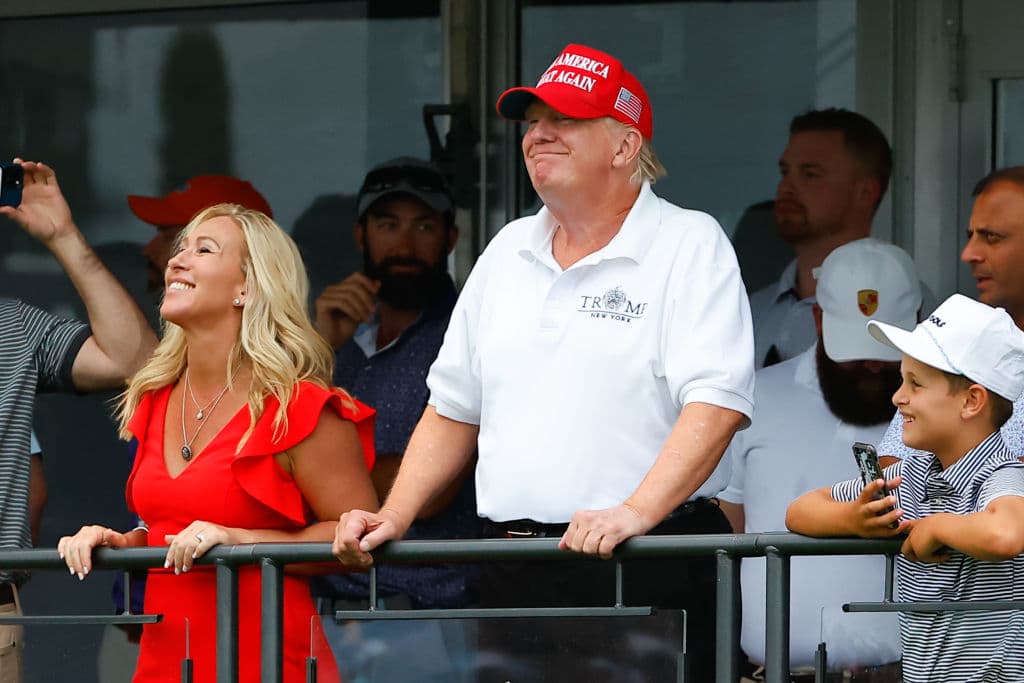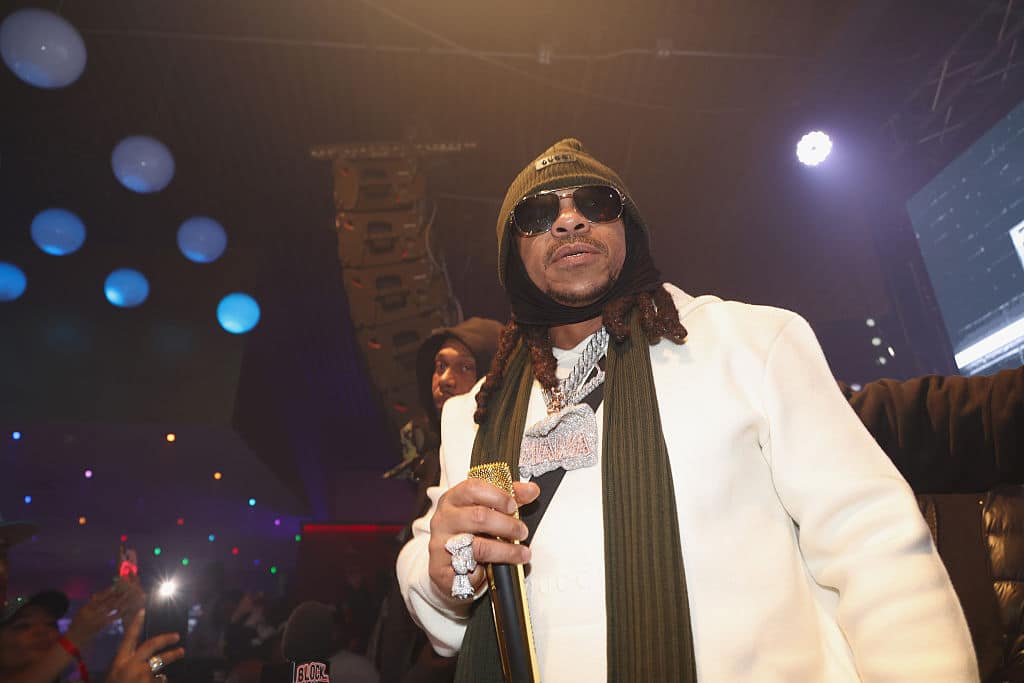Kaori Hayashi of Concert Promoter H.I.P. Looks Back on Career Beginnings: Billboard Japan Women in Music Interview
Written by djfrosty on October 4, 2023

Billboard Japan spoke with Kaori Hayashi, CEO of Hayashi International Promotions Co. Ltd., for the latest installment of its Women in Music interview series. H.I.P. has long been one of Japan’s leading concert promoters of both domestic and international artists.
Billboard Japan launched its Women in Music initiative last year in an effort to highlight women in the country’s music industry through projects including interviews by leading figures in their respective fields of expertise.
Since Hayashi took up her current post in 2021, H.I.P. promoted sold-out stadium shows for Bruno Mars (October 2022) and Maroon 5 (December 2022) in Japan immediately after the country reopened following the pandemic. For these achievements, she was recognized on Billboard’s 2023 International Power Players list. H.I.P. is producing another round of Mars’ sold-out stadium shows in Japan set for January next year.
Hayashi, who studied in London and is currently based in California, shared her thoughts on the current landscape of the Japanese music industry.
Congratulations on being recognized on Billboard’s International Power Players list this year.
Thank you. My father (Hiromichi “Massy” Hayashi) founded H.I.P. and a lot of the other names on that list are people who’ve been working in the industry since his days, so I feel honored to be named alongside them. There aren’t many female concert promoters out there, so I’d be happy if people notice me for being the next generation of the business and for being a rare woman in it who can really help shake up the industry.
So there aren’t too many female concert promoters on the whole, not just in Japan.
Right. You see a lot of women in positions like the vice-president of a record company now, but the people I talk to on a daily basis are only men. We don’t pull our punches, though. [Laughs]
Why do you think there are more men in concert promotion?
Our work is done both domestically and internationally, so we have to deal with taxing time zone differences and are under continuous pressure every day. It takes a lot of physical strength, and it can be really damaging if you’re not tough mentally. But I think there will be more women coming to the business in the future. I think this job is cut out for people who are good at multitasking.
We started this series of interviews after noticing the gender imbalance on our charts. The topic of gender imbalance in music festivals is also being talked about recently. Do you take gender into consideration when inviting artists?
To be honest, not at all. When we plan and promote concerts, we never think about what we do based on whether the acts are male or female.
An observation that’s come up a number of times while speaking to various people in this series is that there’s a tendency in Japan for women to have a hard time being accepted for asserting something strongly, unlike in the U.S. where artists such as Beyoncé and Billie Eilish who express strong convictions are popular. Have you noticed such sentiments in your line of work?
I’ve never noticed any such reactions to the foreign artists we work with, but it is true that for Japanese female artists, there is probably a higher demand for being cute and pretty rather than whether or not they have something to say. In the U.S., being assertive and having bold and flamboyant performances are considered interesting and garner attention.
What influenced your thinking behind not taking gender into consideration when making decisions?
I think I was raised not to think too much about gender. I’ve always wondered why we think about men and women in a separate way and discriminate when we’re all “from Planet Earth.” Of course, there are times I find myself not being able to communicate smoothly with conservative-thinking men. But it’s up to me to decide whether or not to associate with such men. I don’t let it distract me because it’s my choice to make.
You mentioned the lack of female concert promoters. I’m sure your presence inspires others to consider your line of work. How did you decide on this career?
I often used to accompany my father to the concerts he produced and watched him work. It was still rare at the time to see so many non-Japanese people around, so seeing him working in such an environment seemed out of the ordinary to me. I think that’s why I also wanted to do it too. When I was 18, I worked on Mariah Carey’s dome tour as an assistant. That’s when I started thinking I wanted to make it my career.
Getting started working on a Mariah Carey tour sounds amazing. Now that you’ve established yourself in the business that you aspired to, what parts of the job make it worthwhile?
Every day I keep running into some kind of wall, whether it be big or small. But when I’m able to overcome those obstacles and achieve something, I feel a sense of fulfillment.
When you hit a wall, how do you overcome it?
I never give up and keep looking for a way. If option A doesn’t work, then I consider option B, then C and even D, and just think things through.
You’ll find a way if you work really hard. You can achieve your goals even under intense pressure. The most important thing is to never give up. My father embodied this attitude. He never ran away from the reality in front of him and overcame obstacles by facing them with sincerity.
If you could give yourself one piece of advice when you first started working, what would it be?
“Go with your gut.” At the time, I didn’t have much experience and didn’t trust my intuition. But now I know that my intuition is more important than anything else and can guide me along the way.
Before I started working, I was a student and decided to go to the U.K. because I was feeling cramped in Japanese society. I was also uncomfortable with the idea that it was considered the norm for women to do all the housework. I was young at the time and wanted adventure, so I lived in London and learned from many experiences. I also learned that in the U.K., women are equal to men when it comes to pursuing a career, and that men tend to encourage women and support their advancement in society.
I live in California now and am surrounded by many women who are mothers and business owners. In Japan, there seem to be a lot of people who think that it’s not good to let other people help care for your kids or help do things around the house, but that’s not the case in the U.S. I think a supportive environment for women is essential for them to be more active in this industry.
You’re right, the way people think needs to be changed along with working conditions because these things are directly related to gender imbalances in the workplace. Is there anything you try to be aware of to maintain a free mindset?
I try to consciously create situations that allow me to be free. For example, when choosing a partner, I choose someone who doesn’t think “women should stay at home.” It’s my choice. I try to remember that the choices are always mine.
—This interview by Rio Hirai (SOW SWEET PUBLISHING) first appeared on Billboard Japan

 State Champ Radio
State Champ Radio 





